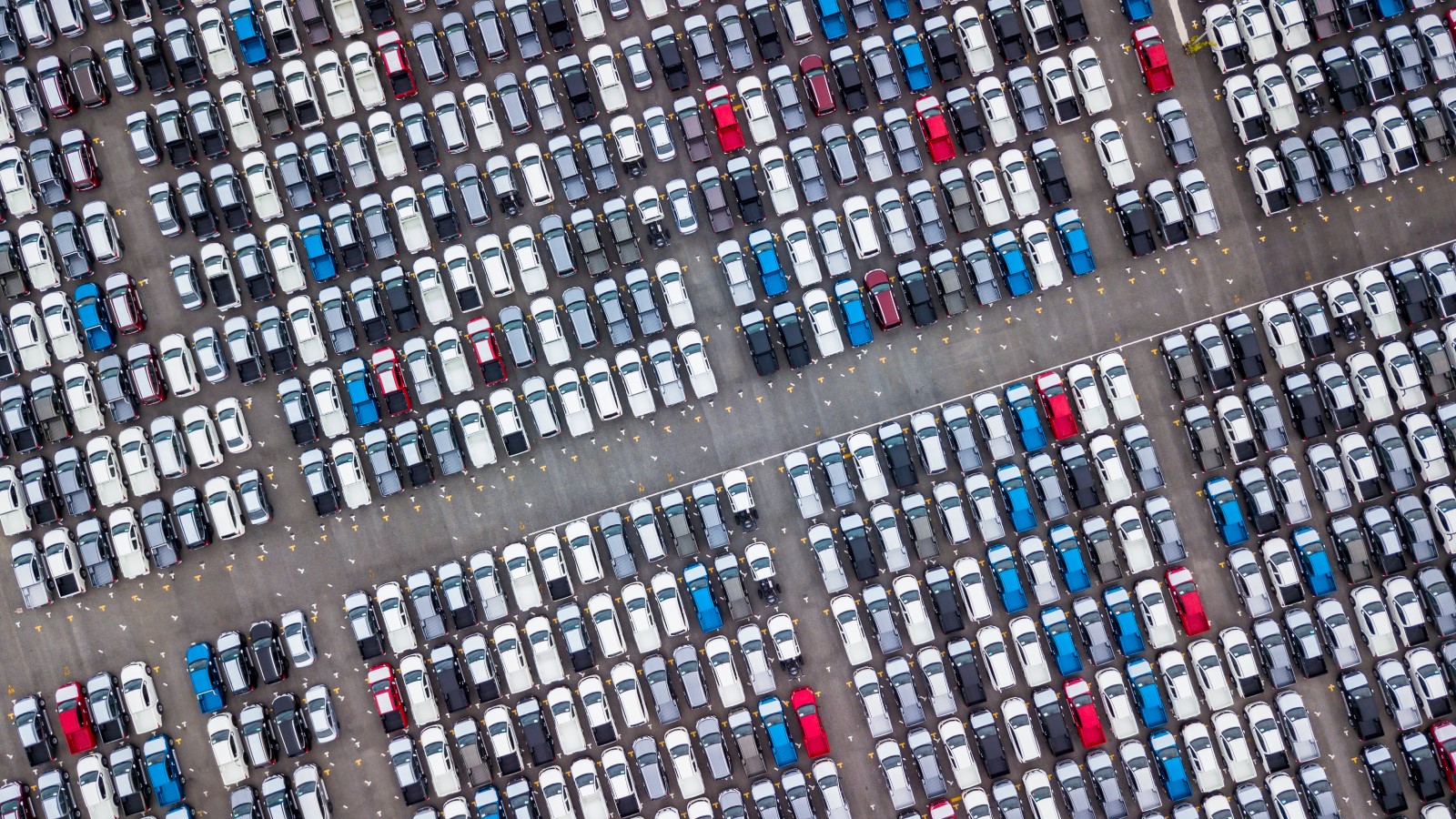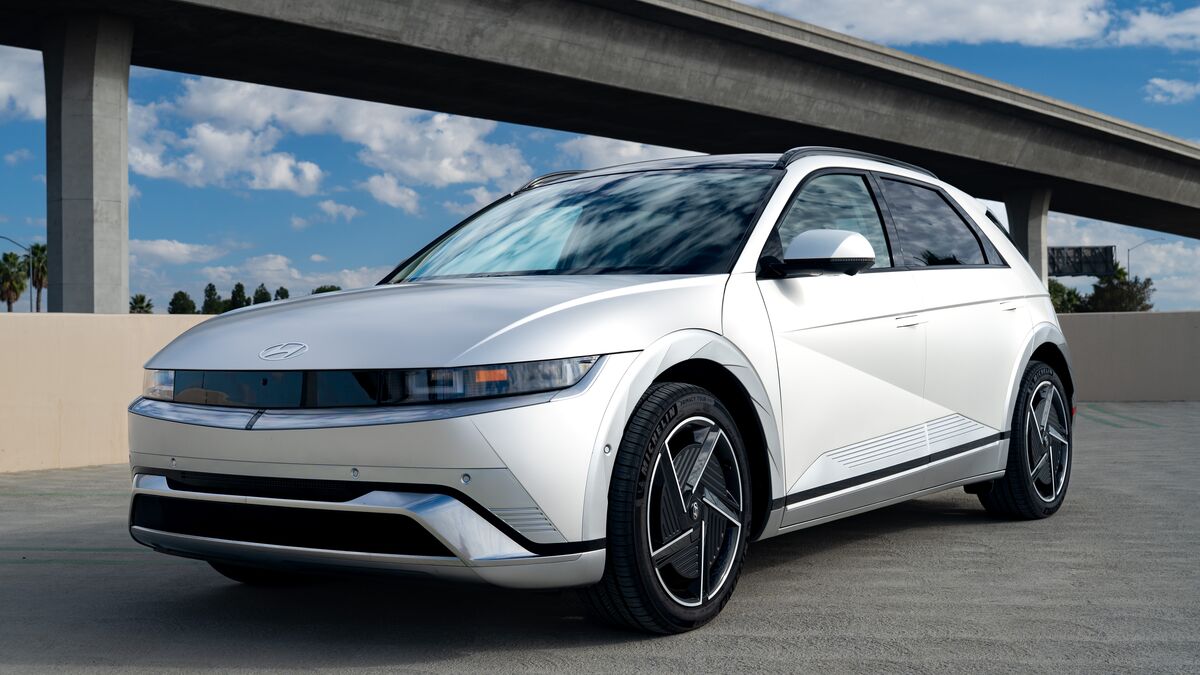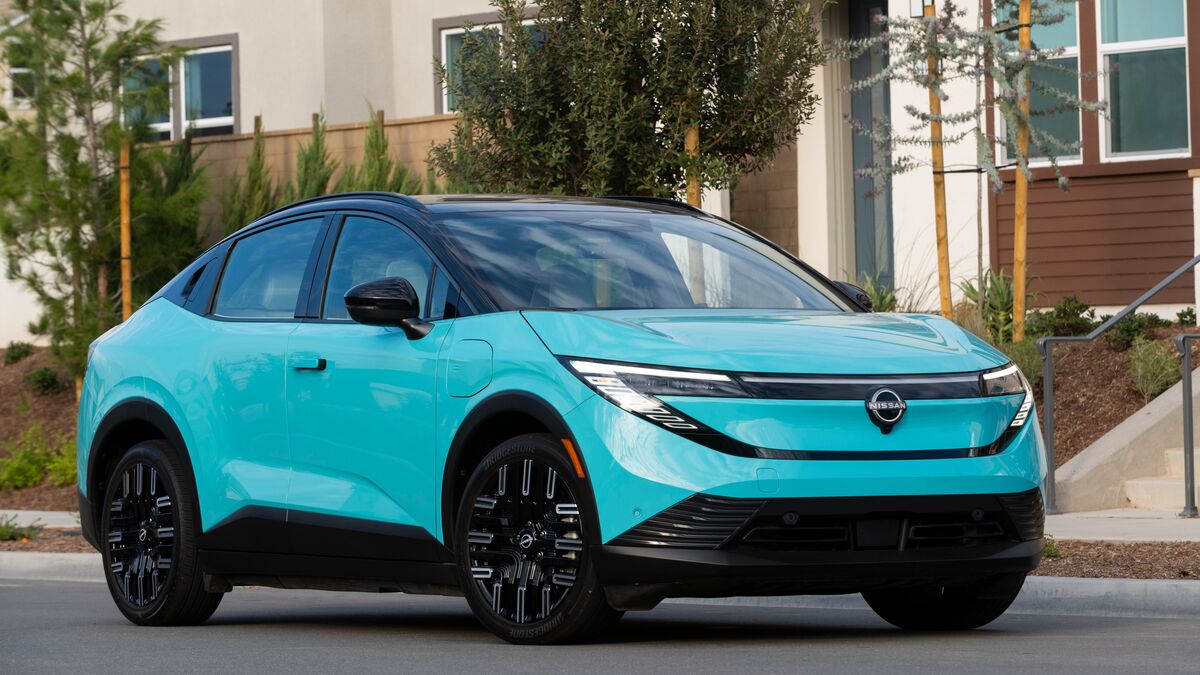A viral video has car lovers discussing a unique new problem, but it’s not something you likely need to worry about. A new type of sensor, the video shows, can damage your phone’s camera if you’re not careful.
It’s called a lidar sensor — short for light detection and ranging — and it feeds into some of the most advanced safety systems found in today’s cars. Lidar sensors fire pulses of light in a spectrum humans can’t see and measure how long it takes for them to bounce back.
That helps a car determine how far away an object is. They’re growing common in advanced driver assistance systems like smart cruise control and parking sensors. They’re essential to some partial self-driving systems that let you take your hands off the wheel on certain stretches of highway, like Mercedes Drive Pilot and GM’s Super Cruise system.
Related: What Is ADAS?
But, in a technology vs. technology battle, they can damage a phone camera.
A Reddit user posted a video of the phenomenon to a subreddit with an unprintable name (link here, but don’t follow it on a work device. The video is inoffensive but the URL includes a word that might not be safe for work). The user filmed a walkaround video of the new Volvo EX90 electric SUV and used their phone camera’s zoom function to focus in on a lidar sensor on the car’s roofline.
It burned a trail of tiny bright spots into the camera lens.
Appears to Affect Only Telephoto Lenses
Most current smartphones achieve their zoom effect with several lenses. As you pull in closer, they switch to a telephoto lens with a shorter optical length to get close-ups. The lasers fired by the lidar sensor can burn out certain pixels in that lens.
When the operator zoomed back out, the damage disappeared because the phone switched to a wider-focused lens.
Car and Driver explains, “Manufacturers of lidar systems are aware of the potential for damage and typically design them within Class one laser safety limits. However, those limits assume human-eye exposure, not repeated exposure to digital sensors with focusing optics.”
They don’t pose a threat to cameras on other cars because those cameras don’t use telephoto optics.
The Drive notes, “the risk here is inherent to lidar technology, and has nothing to do with Volvo’s specific implementation on the EX90. In fact, earlier this year, the automaker even issued a warning against directing external cameras at the vehicle’s lidar pod.”
Most owners are unlikely to do that, but consider yourself warned: Don’t film a car’s lidar sensors up close.








